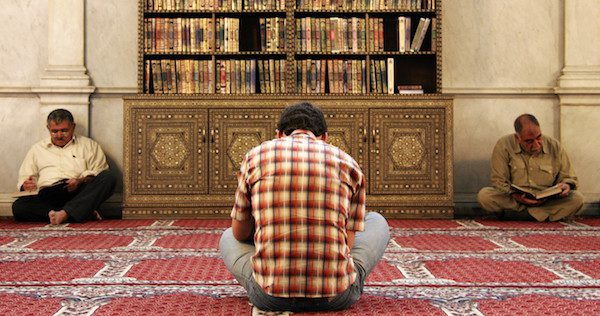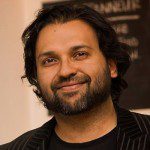
1. The Quran Encourages People to Contemplate and Think for Themselves
Indeed, the most disliked created beings in the Sight of God are the deaf and the dumb who do not use their intellect. (Quran, 8:22)
You shall not accept any information, unless you verify it for yourself. I have given you the hearing, the eyesight, and the brain, and you are responsible for using them. (Quran, 17:36)
When I first started reading the Quran, my paradigm was drastically different to what it is now. Back then, whether a particular interpretation or belief was rational or not wasn’t a prerequisite for believing in it. “It was the word of God, after all!”, I thought, “Dare I question it?”
However, it was the Quran, with its repeated emphasis on questioning and contemplation, which made me realize the merits of free-thought. The profound statement, “Will you, then, not think?” appears numerous times in the Quran, and at regular intervals! Gradually, instead of simply believing everything I heard and read, I started analyzing things.
And that has truly changed my world for the better.
When I hear some new-atheists say that the Quran is a medieval book that suppresses freedom of thought and is an exercise in surrendering the mind, I find myself shaking my head in disbelief. “Have these folks even read the Quran?”, I think to myself.
The idea that religion suppresses free thought and encourages blind belief certainly is, by no means, representative of the Quran. In fact, the opposite is true: those who do not reason are vehemently condemned (Quran 10:100) and are considered “no different from animals” (Quran 25:44). It is this emphasis on free-thought and acquiring knowledge that ultimately led to what we call “The Golden Age of Islam”.
[However, a thinking population is always dangerous to the status quo, and hence these verses were gradually brushed aside, replaced by a bizarre sentiment of blindly following those in power (whether religious, or political). Add to that the notion of a heavenly reward for reading the Quran in Arabic (even for non-Arabic speakers) promoted by the clergy, and you’ve got a largely ignorant population at the whims of what religious figures teach them about Islam.]












